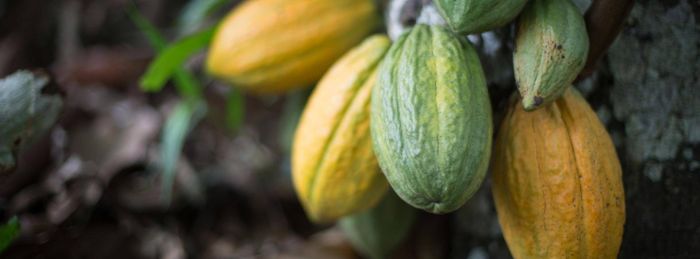(3 Minutes Read)
Ghana’s government has announced an ambitious plan to acquire 200,000 hectares of land by the end of the year in a bid to revive its struggling cocoa industry, following the sector’s worst output decline in over 20 years. The move was revealed on Friday by Finance Minister Cassiel Ato Forson.
According to the Ministry of Finance in a statement on X, the land acquisition is intended to support smallholder cocoa farmers and boost long-term productivity. Ghana, the world’s second-largest cocoa producer, has seen its annual output fall from a high of 1 million metric tonnes to just 500,000 tonnes—crippled by climate change, rampant illegal mining, and crop diseases.
Calling the production collapse a “national concern,” Forson, who also serves on the board of Ghana’s cocoa regulator, said the initiative represents a bold policy response aimed at stabilising and revitalising the sector. Rather than displacing smallholders, the government says the plan will complement their efforts and form part of a broader strategy to modernise agriculture.
The cocoa sector faces growing pressure from illegal gold mining, known locally as galamsey, which has damaged large tracts of farmland in key cocoa-producing regions like Ashanti, Eastern, and Western. Disease outbreaks such as swollen shoot virus, combined with erratic rainfall, have further eroded yields.
Read Also;
https://trendsnafrica.com/ghana-cocoa-harvest-forecast-5-drop-for-the-second-time/
The government says the land initiative will enable more structured farming, improved disease control, and the application of research-based agricultural practices. However, specifics—such as the location of the land and its future management—remain undisclosed. It is also unclear whether the state will run the plantations or lease them to private producers.
As cocoa remains a vital source of foreign exchange for Ghana, the government hopes this strategic push will help stabilise prices, restore investor confidence, and secure rural livelihoods.





